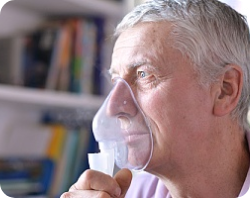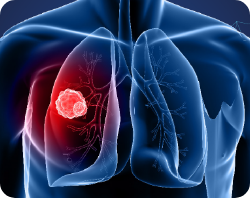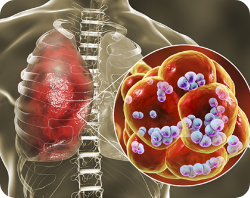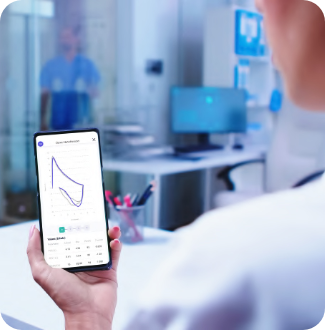How to prepare for a PFT?
Individuals may prepare differently for a PFT, however there are some fundamental
criteria.
In order to receive an accurate reading from the test, doctors frequently advise patients
to avoid taking specific medications prior to it. Each patient will receive precise
instructions from the doctor.
Additionally, doctors can advise against consuming specific foods or beverages that could
skew PFT readings.
Exercise that is difficult for the body might also widen the airways and affect the
reading. At least a few hours before the test, refrain from engaging in strenuous
activities.
Avoid consuming too much food or liquids before the test. A full stomach could limit the
lungs' capacity to expand, which could have an impact on the outcomes of a lung capacity
test.
Additionally, doctors can advise against smoking or drinking before the exam.
Avoid wearing tight garments that can limit your ability to breathe deeply.
Wearing comfortable, loose-fitting attire is recommended for everyone having an exercise
test.



















